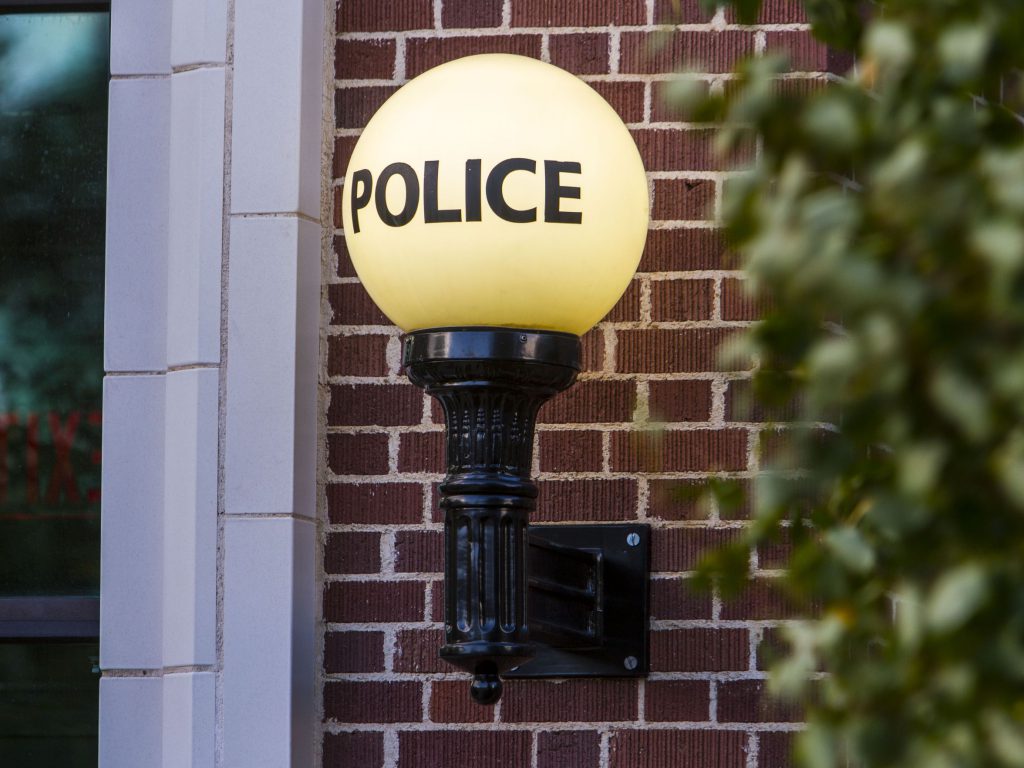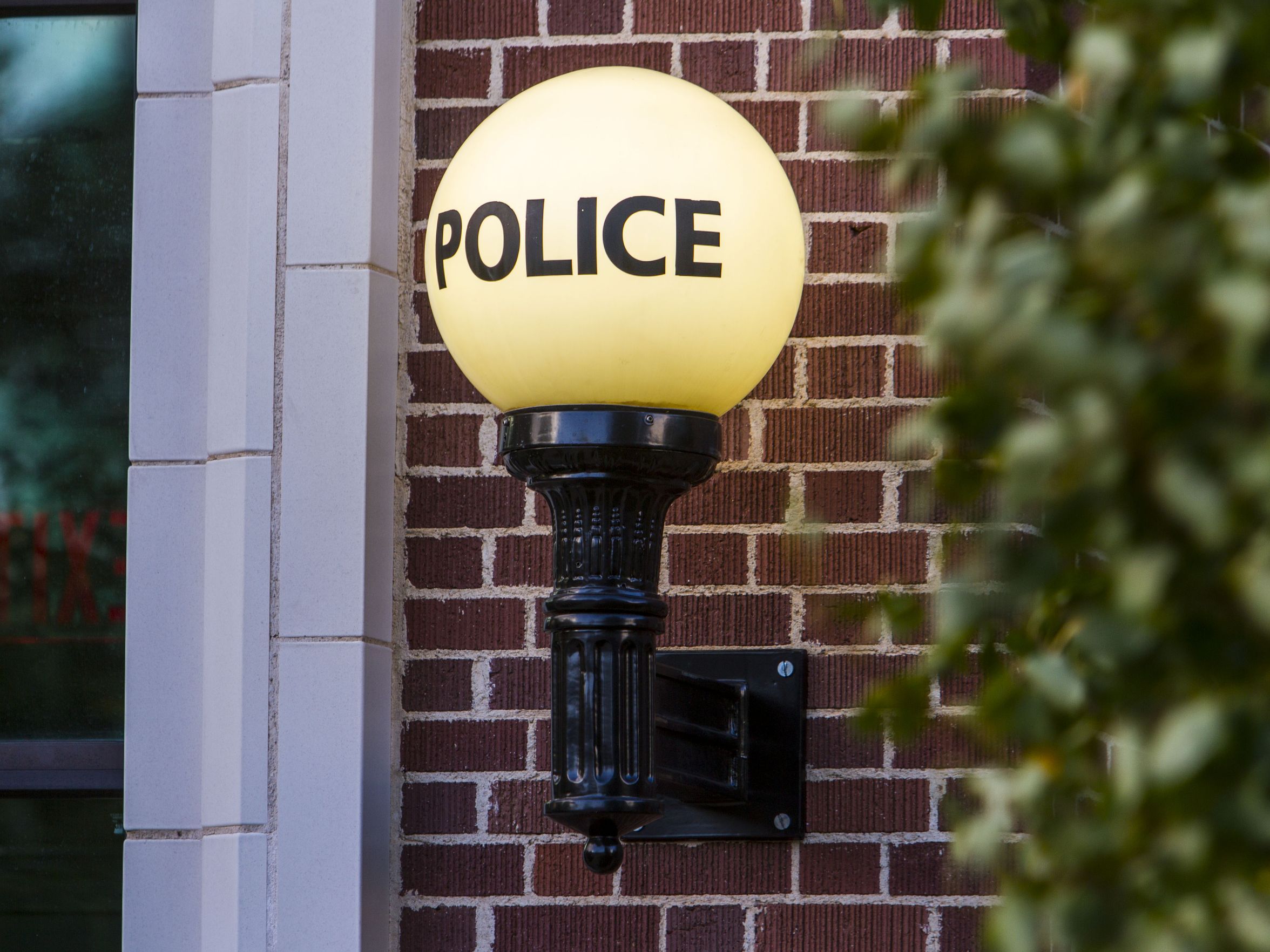 Police prepare For New Law – Serious Felony Interrogations Must Be Recorded
Police prepare For New Law – Serious Felony Interrogations Must Be Recorded
SYRACUSE (WSYR-TV) – Suspects in murder cases or other serious felonies in New York, must have their interrogations recorded on camera beginning April 1, 2018, according to the Governor’s office.
This week, a total of $650,000 in grants was awarded across the state to help investigators install and update recording equipment.
In Central New York, the Syracuse Police Department, which already records interviews in the Criminal Investigations Division, will get $7,679 via the state grants to help with costs related to equipment maintenance.
The Phoenix Police Department has been awarded $5,908.
The money was included in the state’s budget after Governor Andrew Cuomo proposed a series of criminal justice reforms.
According to his office, all 62 counties in New York State now have at least one agency equipped to record interrogations on camera.
“Certain agencies haven’t been doing it and largely it’s because either they don’t have the infrastructure to do it or they simply haven’t adopted and understood how much this helps them,” attorney Kevin Kuehner explains.
Kuehner teaches a course at Syracuse University that focuses on interrogations.
He also represented an Onondaga County man who won a lawsuit, after claiming he was coerced into making a false confession to police.
“It just seemed like a complete nightmare that I couldn’t get out of. I wanted to wake up,” Joseph Masterpol recalls.
In January 2005, weeks after a bomb threat at Cicero-North Syracuse High School, police began questioning Masterpol.
He was 16-years-old at the time, a 10th grade student with no parent in the room, no lawyer, and no way to show others why he says he broke down.
“I wish there was a video taken, because it would have clearly shown all the aggression, coercion and false promises that were made to me that day,” he says.
Under the new state law, the governor’s office says serious felony confessions that are not recorded – may be ruled inadmissible in court.
There are limits. The rule does not include less serious felonies….likely the one Masterpol was facing would not be covered.
Also, the recording requirement only applies to cases when someone is in custody in a holding area or at a police station, correctional facility or prosecutor’s office.
Agencies across Onondaga County did begin recording some interrogations several years ago, with the urging and full support of the head prosecutor.
“I am a firm believer in videotaping interrogations and have been for a decade,” writes District Attorney Bill Fitzpatrick. “My experience has been – with videotaped confessions, along with proper training, we have seen far fewer challenges to the voluntariness of statements. It also serves as a preventative measure against false confessions.”
District Attorney Greg Oakes says most police agencies in Oswego County have also used video recording equipment for several years.
For probably five years or longer, it’s been regular practice for defendant interviews to be recorded (video and audio) at the Oswego County Sheriff’s Office, Oswego PD, Fulton PD, SUNY University Police, and NYSP barracks (Fulton, Pulaski, Hastings),” Oakes explains. “When video recording is not available, such as when an interview is occurring at the scene, some of the agencies audio record interviews.”
Oakes says video can reveal the defendant’s mannerisms and physical condition during questioning – a benefit that could reduce the number of payouts if there’s litigation.
“There have been many times when the video has refuted a defendant’s claim that the officer threatened or coerced him, or that the defendant was falling asleep, or that the defendant asked for an attorney. The vast majority of the time, video recordings have vindicated officers and has shown that they acted legally and ethically,” Oakes adds, noting a recording can help both sides. “Although I hate losing evidence, if a defendant’s confession is taken in violation of his constitutional rights, it should be suppressed.”
Kuehner says resistance to video recorded interviews is usually tied to concerns that investigations will be damaged if interrogation techniques are revealed to the public.
In an age of instant information through a simple Google search, the information is already available to anyone with a computer.
“I think it should be expanded, at a minimum to all felony level interrogations statewide,” Kuehner adds.
The charge against Masterpol was dropped after detectives tested a fingerprint in their evidence and determined that it belonged to someone else….who eventually confessed to several other bomb threats.
It’s impossible to know if the $75,000 legal settlement in Masterpol’s favor could have been avoided if detectives knew they were being recorded. Perhaps, he says, he wouldn’t still have nightmares years later.
“Honestly, through all the anguish and torment, that dollar amount isn’t worth any bit. I would take it all back.”
source: mychamplain valley


 Police prepare For New Law – Serious Felony Interrogations Must Be Recorded
Police prepare For New Law – Serious Felony Interrogations Must Be Recorded